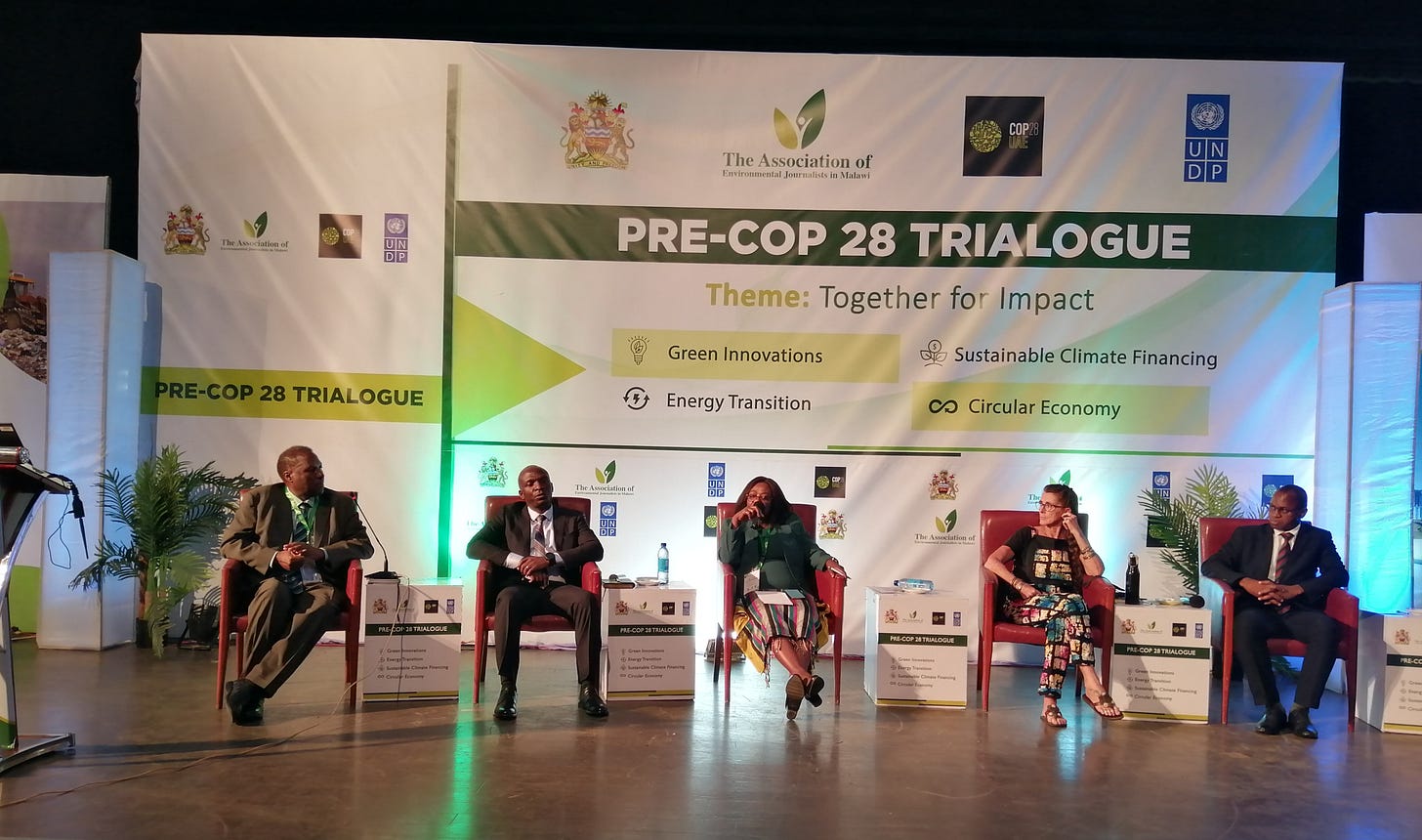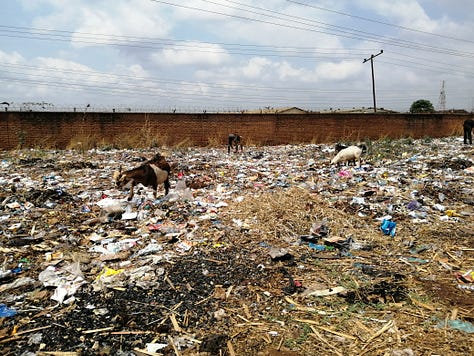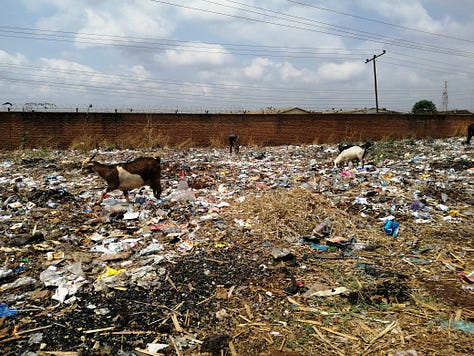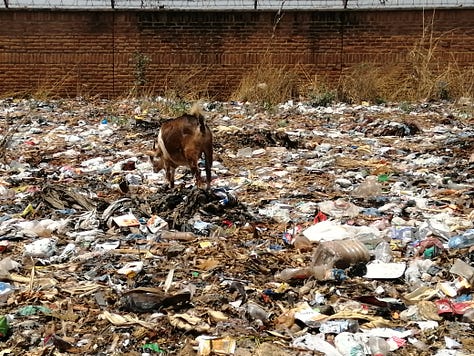WEALTHY WASTES - Turn waste into wealth trialogue urge private sector players
The penalist session on waste management suggested promoting public private partnerships in climate investment and waste management as necessary to contain the growing quantities of wastes

LILONGWE, Malawi (Planet Defence) – Waste management came out high at Pre - Cop 28 trialogue on Green Innovations, Energy Transition, Sustainable Climate Financing and Circular economy currently underway at the Bingu International Convention Center in Lilongwe as one of the challenges facing humanity in recent times.
Moderated by Professor Sosten Chiotha, Regional Director of the Leadership for Environment and Development the discussion centered on issues pertaining to policy, regulatory framework and awareness aspects in as far as containing wanton solid wastes disposal is concerned.
The panelists included officials from Lilongwe City Council, Centre for Environmental Policy and Environmental Affairs Department and Waste Advisors, a private waste management institution that turns waste collected from city skip to organic manure.
Thokozani Mkaka, Deputy Director of Health at Lilongwe City Council admitted wanton disposal of solid wastes is a major challenge and that councils are facing a daunting task to manage wastes being generated by the growing city residents.
"Wastes management is not the responsibility of one man show. Even individuals have responsibility to ensure that they are not throwing wastes anyhow," Mkaka was referring to the challenge of throwing trash anyhow from vehicles as an example.



Herbert Mwalukomo, Executive Director of the Centre for Environmental Policy and Advocacy suggested change needed to start with us as part of mind set change. He referred to the meeting where plastics bottles were still being used to serve water to the participants.
“As change agents we needed to tell service providers to serve us drinking water through water dispensers. In that way, we are sending a message to the hospitality industry and the public at large about plastic pollution,” Mwalukomo explained.
On her part, Taonga Mbale – Luka Director of Environmental Affairs and Acting Director General of the Malawi Environment Regulatory Authority cited lack of collaboration among stakeholders and some sections of the community is suffocating waste management containment in the country.
She reiterated that a National Waste Management Strategy 2019 - 2023 was developed to guide issues related to handling and disposal of waste in the country.
“The purpose of the strategy is to guide overall management of waste with reference to the current, projected waste situation, and local and global trends. The strategy provides information and tools to regulatory bodies, generators of waste (including the general public), its recyclers and operators of facilities on how to minimize, recycle, treat and dispose of waste in an environmentally sound manner,” Mbale – Luka said quoted the strategy.
Among key take aways from the session included promoting public private partnerships in climate investment and waste management as necessary. It was also suggested that private sector incentives be used as a motivation in waste management and climate related investments.
The plenary also suggested focus be directed to children’s education on waste management practices unlike adults using structures such as schools and clubs related to environment management.
There were also calls for the tourism and hospitality industry to take active role in containing waste as their activities contribute more to plastic waste generation, accumulation, and inappropriate disposal. An example in tourism sector is the wanton waste disposal in sites like lakes, forests where different kinds of wastes pile up with no proper means of disposal.
The Agricultural Input Program huge investment in chemical fertilisers also came under spotlight. Suggestions were made that as a viable vehicle, the programme be used to drive the production, promotion, adoption and utilization of organic fertilizers such as composting manure. This is in line with what Waste Advisors a private sector waste handler are doing by producing compost manure that are cheaper and affordable for average Malawians at MK6,500.00 only.
The National Waste Management Strategy has been aligned with the 2030 Agenda for Sustainable Development together with its 17 Sustainable Development Goals (SDGs) and 169 targets which Malawi, as part of the global community, signed in 2015.



